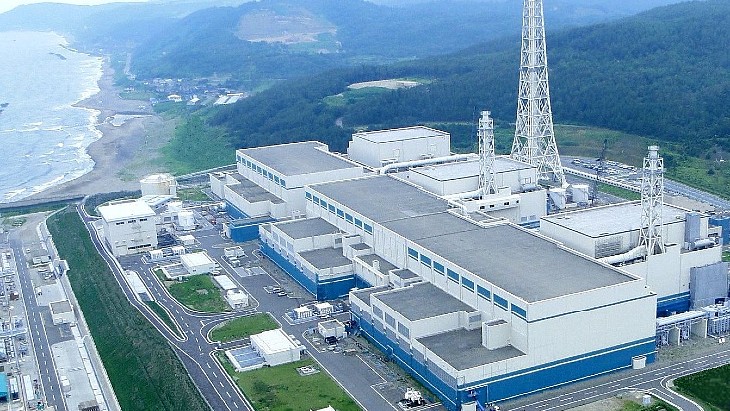The US Department of Energy's National Nuclear Security Administration (NNSA) has entered into follow-on cooperative agreements with three projects aimed at securing a domestic supply of molybdenum-99 (Mo-99) without using highly enriched uranium (HEU). The latest funding completes the full $25 million NNSA contribution to each project.
Mo-99 is used in hospitals to produce the technetium-99m employed in around 80% of nuclear imaging procedures. Produced in research reactors, Mo-99 has a half-life of only 66 hours and cannot be stockpiled, and security of supply is a key concern. Most of the world's supply comes from just five reactors - in Belgium, Canada, the Netherlands, Russia and South Africa - and recent years have illustrated how unexpected shutdowns at any of those reactors can quickly lead to shortages. Furthermore, most Mo-99 is currently produced from HEU targets, which are themselves seen as a potential nuclear proliferation risk.
The USA currently does not produce Mo-99 and imports all of its requirements. Since 2009, NNSA has been working with commercial partners to accelerate the establishment of a domestic Mo-99 supply network using a diverse range of supply options that do not use HEU. It has cooperative agreements with Shine Medical Technologies, NorthStar Medical Radioisotopes and General Atomics.
Shine plans to produce Mo-99 from low-enriched uranium (LEU), but using sub-critical accelerator technology rather than a nuclear reactor. NorthStar is developing a method to produce the isotope using a linear accelerator. General Atomics is developing an LEU target fission technology.
NNSA's cooperative agreements are implemented under a 50%-50% cost-share arrangement. Its support to the total project cost of the cooperative agreement partners is up to $25 million each, consistent with policy guidelines from the Organization of Economic Cooperation and Development - Nuclear Energy Agency.
NNSA said the follow-on cooperative agreements "mark an important milestone for the NNSA Mo-99 program, as they complete the full $25 million NNSA contribution toward each commercial project".
Deputy administrator Anne Harrington said, "NNSA is pleased to see continued progress of these important efforts. We are happy to achieve the funding milestone marking the full $25 million NNSA award for each project, and we look forward to seeing this important isotope produced in the United States without the use of HEU, and ensuring a reliable supply is available to meet US patient needs."
Researched and written
by World Nuclear News




_53514_33880.jpg)

_91467.jpg)
_47120.jpg)





